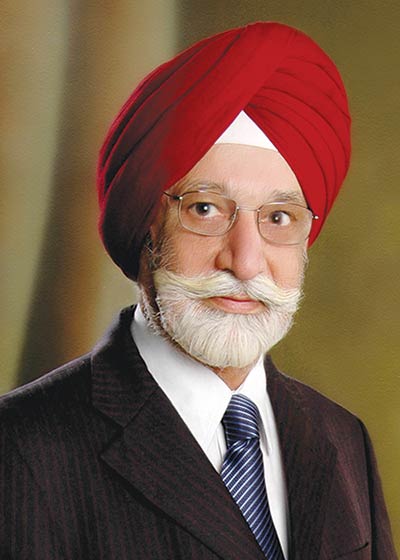
However, research is a capital-intensive activity and is limited to a small number of students and faculty in higher education. Therefore, only a select group of higher ed institutions worldwide qualify for the cachet of research universities. For instance, in the US a mere 150 of a total 4,800 post-secondary institutions of education are classified as research universities. Similarly, the Union HRD ministry has bestowed the status of ‘national institutions of excellence’ on only 30 out of the country’s 960 universities. Nevertheless, the NIRF parameters for ranking India’s universities are heavily skewed in favour of research activity, ignoring the prime interest of the majority of students who want information about teaching-learning standards.
The importance of tertiary education in India is exemplified by the exponential expansion of the higher education sector and massification of enrolment. There are almost 35 million students currently in higher education with the number likely to swell to 70 million by 2030. Such rapid expansion has thrown up challenges relating to infrastructure adequacy, intellectual capital and quality of higher education. Unlike in the developed countries, students in India enter universities to acquire degrees to prepare them for the job market, instead of quest for knowledge. Parents and students need information about universities that will best equip graduating students with skills and knowledge required by potential employers. Industry also needs information relating to the employability of graduates. Unfortunately, NIRF does not meet the information requirements of the three major stakeholders in higher education, viz, parents, students and industry.
Consequently it would be advisable for the Union HRD ministry to review and recast the NIRF parameters — teaching-learning and resources, research, graduation outcome, outreach, inclusivity and perception — in which research, professional practice and collaborative practices have been given highest weightage on a par with teaching-learning. The ministry needs to accord greater consideration to Humboldtian concepts of lernfreiheit (freedom to learn) and lehrfreiheit (freedom to teach) and devise a ranking system that gives prominence to teaching-learning instead of blindly following QS, THE, ARWU which accord high weightage to research, published papers and citations which are of interest to less than 1 percent of students in tertiary education.
However, the low ranking of Indian universities in the league tables of QS, THE and ARWU aren’t entirely because of their poor research capabilities and record. The well-documented reluctance of Indian industry and business to trust and accept their certification at face value indicates that they need to modernise and improve their curricula and teaching-learning practices.
Against this backdrop and general reluctance of bureaucracy and faculty to change the status quo, new institutional development strategies are required. Some suggestions:
- NIRF should indicate the employability record rather than pass percentages of universities
- The current inquisitional mode of regulation needs to be replaced by an enabling and constructive system.
- Regulatory norms for universities should be based on incentives rather than punitive measures to encourage institutional development
- Trust is the most effective accountability measure. Mutually agreed mechanisms instead of those thrust from top are likely to be more readily accepted
Structural reforms are also required. Currently, the great majority of professional associations in India are toothless tigers. They need to be empowered to assess and license university graduates to pursue a profession. Past precedents exist of agencies such as the Institute of Chartered Accountants of India certifying graduates to practice. The recent medical education bill that requires graduates to pass a certifying examination after completing their MBBS, is a step in the right direction.
India is on the threshold of emerging as a major economic power. Reforms in the education sector will accelerate the country’s drive to reap its demographic dividend. Time is running out and failure to address the issue may result in a demographic catastrophe with disastrous consequences for the generation next.
(Brig. (Dr.) R.S. Grewal is former vice-chancellor of Chitkara University, Chandigarh with corporate working experience in the Manipal Group)
Other articles by